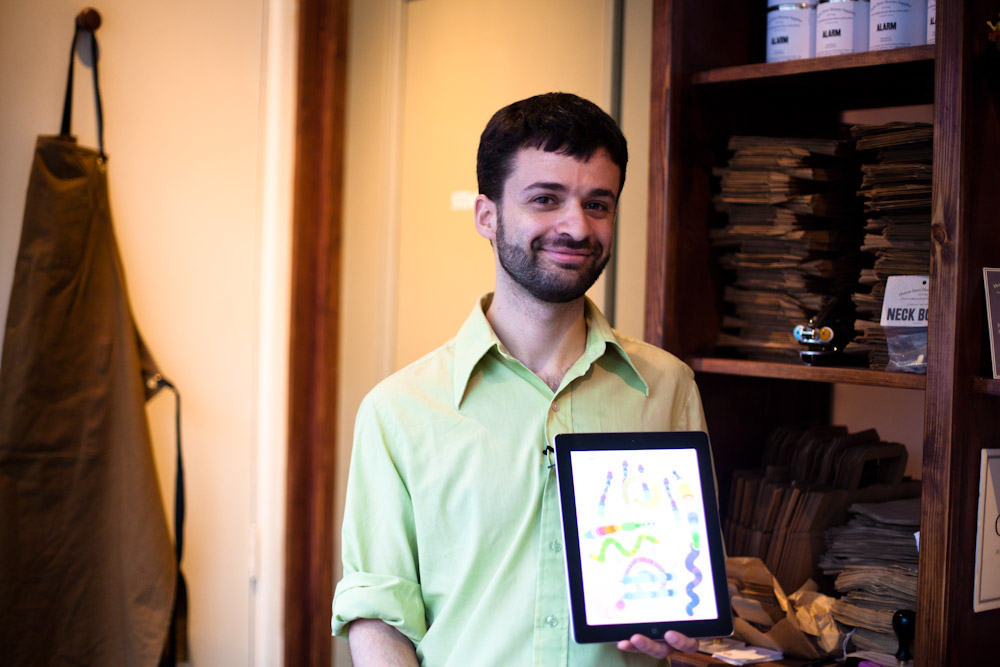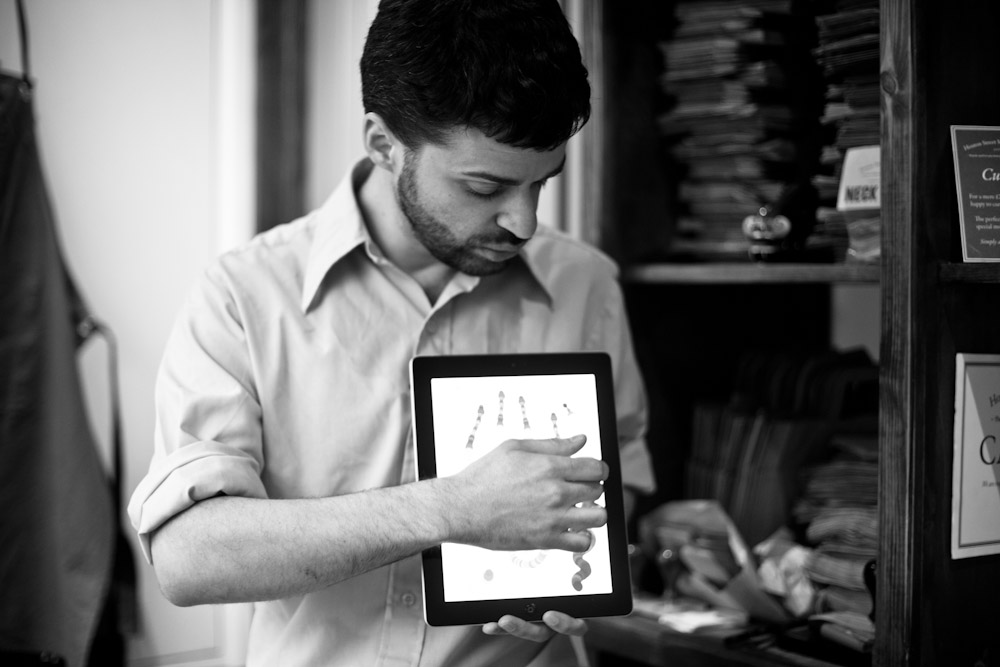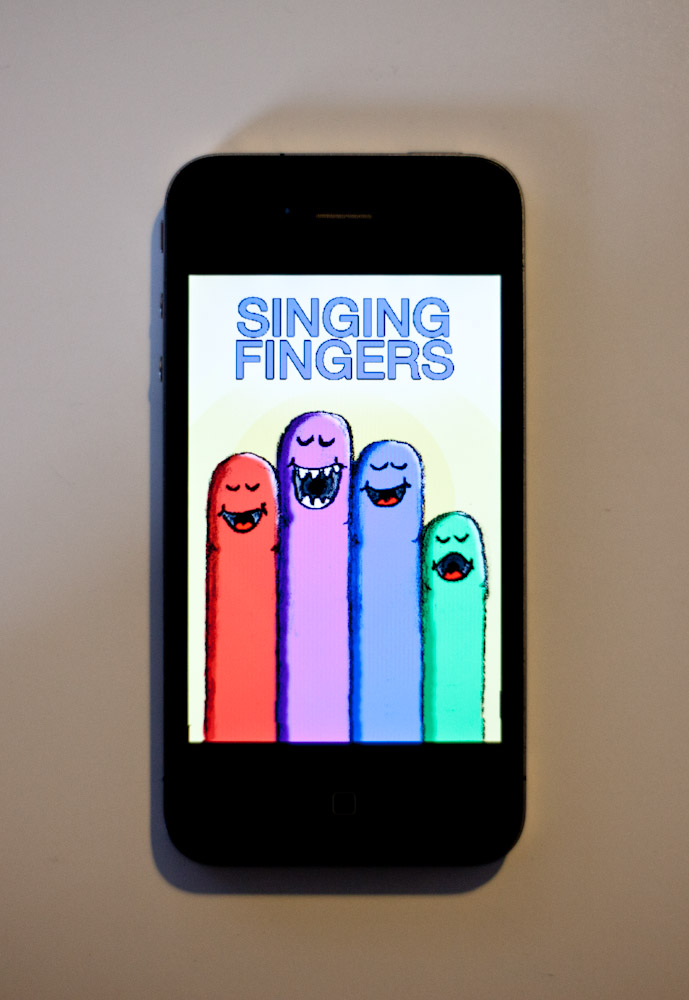Eric Rosenbaum
Eric Rosenbaum of MIT Media Lab tells us how playful technology can enhance our creativity and learning.

Eric Rosenbaum thinks we should never stop playing. While most people leave play behind at pre-school, the PhD student at MIT Media Lab believes we should continue to play right into adulthood. Not only can this improve our learning, he says, but it can also significantly enhance our creativity. ‘I’m inspired by the way people learn in kindergarten,’ explains Eric, ‘which involves playing, creating and exploring.
So I ask: ‘Why can’t learning experiences throughout life be like that?’’
He has turned the idea into physical forms through Lifelong Kindergarten, a sort of product laboratory, headed up by Professor of Learning Research, Mitchel Resnick. Here he explores ways to develop technology that harnesses the spirit of the blocks and finger-paint learning of kindergarten.
The latest project to emerge is Melody Morph, an iPad app that lets its users construct their own musical interface to then create unique melodies. It’s rather like building your own musical instrument from scratch; creating keys and then assigning each to a different musical note. ‘What we wanted to do was build something where people could use the canvas in an open-ended way,’ explains Eric. ‘And for them to represent their musical ideas however they wanted.’
And the control isn’t confined to the interface. The user can also manipulate the device while the app is running to make new sounds. Press down on the keys at the same time as shaking the device, for instance, and the melody will have a ‘whammy’ quality.

I’m inspired by the way people learn in kindergarten, which involves playing, creating and exploring. Another of his creations, the Singing FingersiPhone app lets you make a sound while moving your finger across the screen. It’s essentially a finger-painting with sound, as it measures the pitch you’re singing in, or the noise you’re making, and assigns a colour to it. You then move your finger back over the drawn lines to hear the sound played back to you.
Using the app, chords and scales can be created and any surface can become an instrument. ‘Music is a human universal,’ says Eric. ‘We can all experience and enjoy it. And I believe we are all capable of creating it. It’s just that society sometimes tell us that it is only the domain of experts. I think if we emphasise exploration and play and expressivity before technique and theory, then we can make music more accessible to people.’ And this is one of the main hurdles he faces: accessibility.
There’s often a sort of social taboo, he believes, when it comes to adults and play. For many of them, it all just seems a bit awkward. ‘I think a lot of adults feel like they don’t have permission to play,’ Eric says. ‘That breaking rules in this way goes against the culture and they will be seen as childish or they’ll be embarrassed. But a lot of really radical or powerful innovations come from questioning assumptions like that.’ By building playful tech devices and apps for adults – and overcoming the social obstacles – he believes we can unlock more of our creative potential.
‘I think that technology has the power to amplify human creativity and enable us to do incredible new things that wouldn’t have been possible without it,’ says Eric. And that’s where his research is taking him – combining technology with play and making things that help people to create.




Discussion